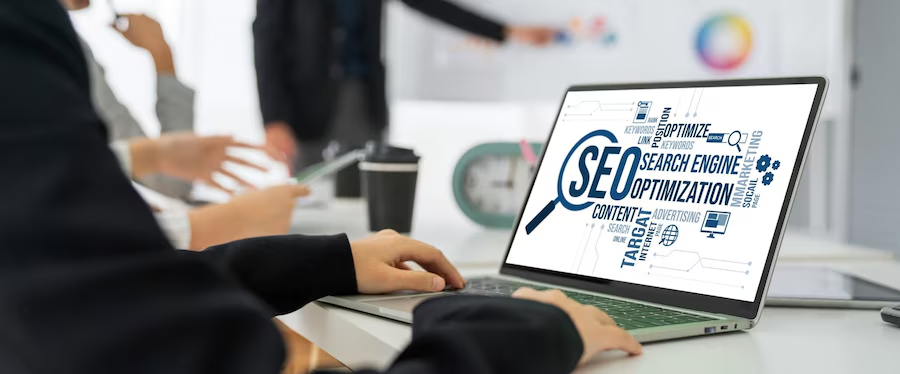
On-page SEO is a crucial aspect of search engine optimization that involves optimizing individual pages on your website to improve their search engine rankings and drive more relevant traffic. By focusing on on-page elements, you can enhance both the user experience and search engine visibility. Here’s a comprehensive guide to mastering on-page SEO.
On-page SEO refers to the practice of optimizing various elements within your web pages to make them more attractive to search engines and users. This includes content, HTML tags, and overall page structure. The goal is to ensure that each page is both easily understood by search engines and provides valuable information to visitors.
Title Tags
Meta Descriptions
Headings (H1, H2, H3, etc.)
Content Optimization
URL Structure
Internal Linking
Image Optimization
Mobile Friendliness
Page Speed
User Experience (UX)
On-page SEO is essential because it directly impacts how search engines interpret and rank your pages. Proper optimization helps search engines understand the relevance and quality of your content, leading to better rankings and increased visibility. Additionally, well-optimized pages provide a better user experience, which can lead to higher engagement and conversion rates.
Our on-page SEO services are designed to ensure that every element of your web pages is optimized for both search engines and users. We conduct thorough audits, implement best practices, and continually refine our strategies to keep your website performing at its best.
Let us help you master on-page SEO and achieve your digital marketing goals. Contact us today to learn more about our services and how we can support your SEO efforts.

Begin your SEO journey with us, where expert strategies meet proven results. Let’s elevate your online presence and drive organic growth together.
